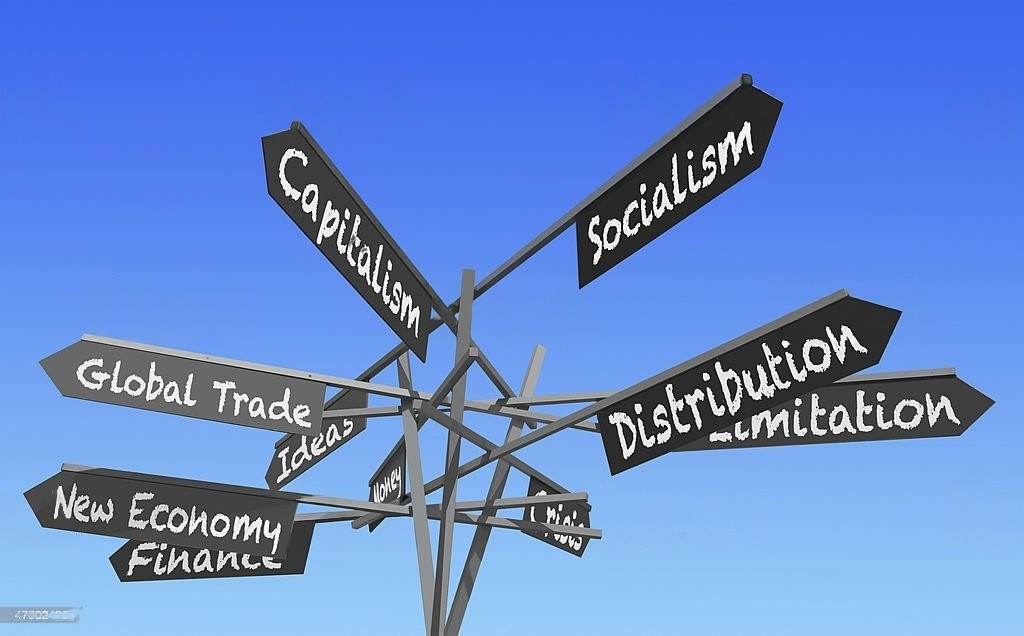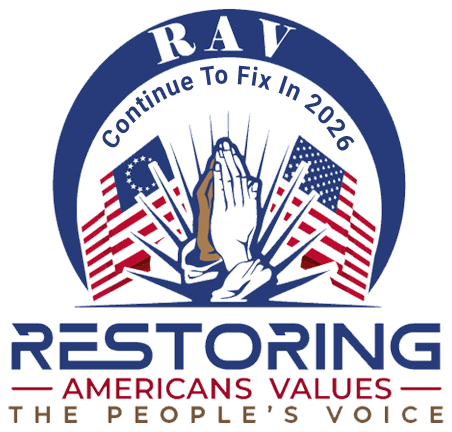Many of today’s American youth appear to be enamored by the lore of socialism. Most have not visited a socialist country or understood the true meaning of redistribution of wealth. The actuality of wealth redistribution is that the rich few control the poor masses. Socialism makes the masses poorer and the ruling class filthy rich. All the money and control go to the government The government controls wages, prices, and industry and dictates everything in your day-to-day life. Is this the lifestyle you desire?

Socialism

The text in the following pages attempts to illustrate the two economic systems, we will let you the reader draw your conclusion on which system you would desire to live in and vote accordingly.
Is this the new America you want to live in? If we don’t vote for the right people who will take the helm and right this ship by reducing. Out-of-control spending and balancing our budget this is precisely where we are headed. Do you want the United States to become the next Venezuela? Vote your conscience, not your party! Vote for Fiscal conservatives!

Socialism is a diverse and multifaceted political and economic philosophy with various interpretations and proponents. Here are some key principles and “pearls” often associated with socialism:
- Economic Equality: Socialism advocates for reducing economic inequality by redistributing wealth and resources to ensure that all members of society have access to necessities and a decent standard of living. The truth is not all members are equal, just the masses, not the classes. The classes keep what they want and redistribute the rest.
- Public Ownership: Socialism often involves the public or collective ownership of critical industries, services, and resources, such as healthcare, education, utilities, and sometimes even significant means of production.
- Worker’s Rights: Socialism prioritizes the rights and well-being of workers, advocating for fair wages, safe working conditions, and a social safety net, including healthcare and unemployment benefits.
- Democratic Decision-Making: Many socialists believe in democratic planning and decision-making processes to determine economic policies, rather than leaving these decisions solely in private corporations and the market.
- Social Safety Nets: Socialism often emphasizes robust social safety nets, including universal healthcare, affordable education, and access to housing, to ensure that no one falls into extreme poverty due to circumstances beyond their control.
- Critique of Capitalism: Socialism often critiques capitalist systems for perpetuating inequality, exploitation, and environmental degradation. It aims to address these issues through alternative economic and political structures.
- Solidarity: Socialism encourages solidarity among people, promoting the idea that society should work together to meet the needs of all its members, rather than individuals competing for resources.
- Progressive Taxation: Socialism often supports progressive taxation, where those with higher incomes pay a larger percentage of their earnings in taxes to fund social programs and public services.
- Environmental Sustainability: Some socialists emphasize the need for sustainable development and environmentally friendly policies, criticizing capitalism for its role in environmental degradation

It’s important to note that socialism can take many forms, and its application varies from country to country. Different socialist movements may prioritize different aspects of these principles, and there are also many debates and variations within socialist thought. As such, these “pearls” represent some common themes associated with socialism but may not encompass the full spectrum of socialist ideas and beliefs. Socialism, like any economic and political system, has faced challenges and failures in various contexts.
